 How effective are international climate agreements in driving meaningful change?
How effective are international climate agreements in driving meaningful change?
International climate agreements have been a cornerstone of global efforts to combat climate change.
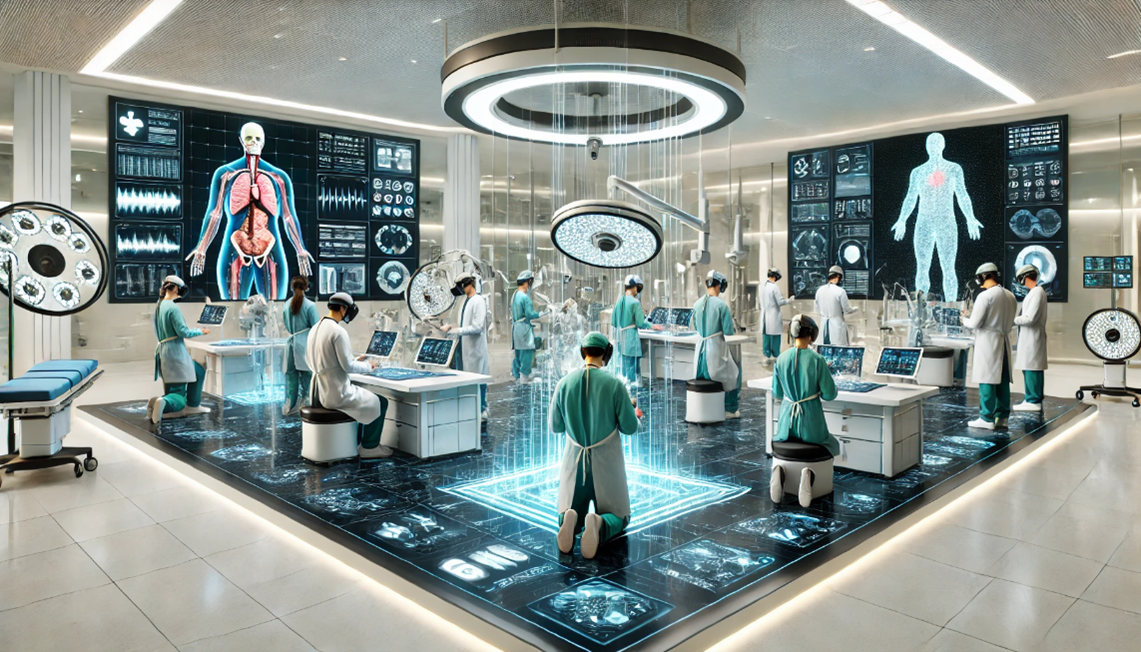 How effective are AI-powered surgical robots in improving patient outcomes?
How effective are AI-powered surgical robots in improving patient outcomes?
AI-powered surgical robots are becoming an increasingly important tool in modern medicine, offering a range of benefits that can significantly improve patient outcomes.
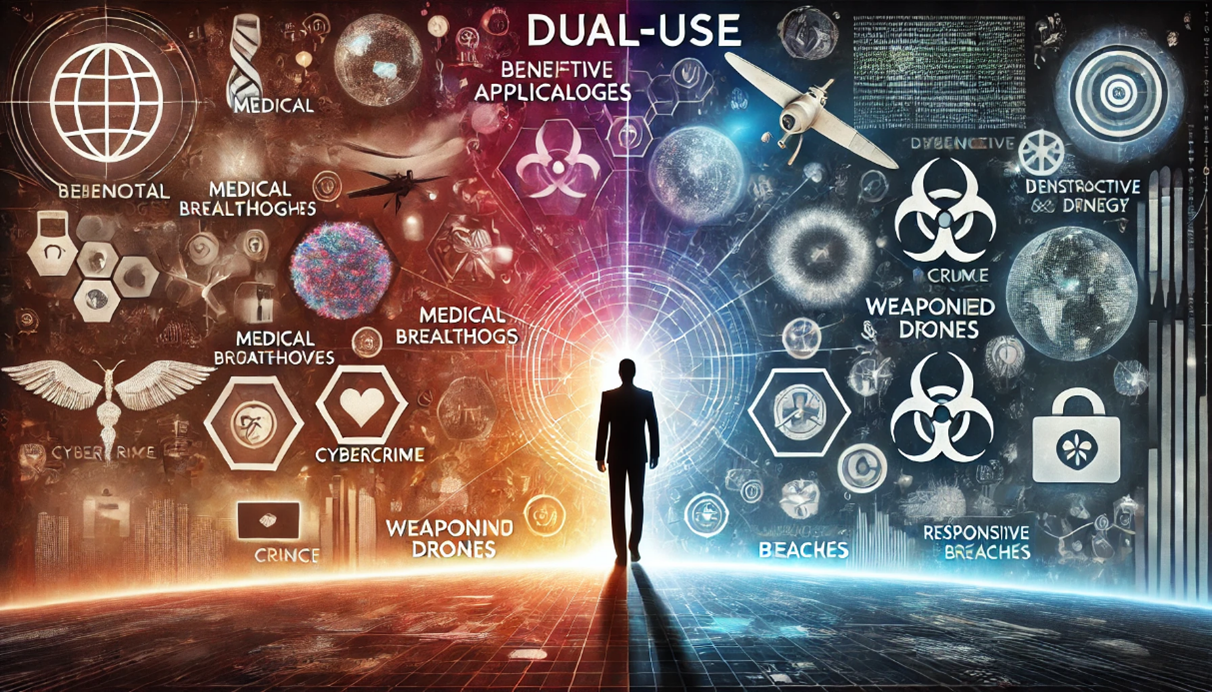 What are the ethical implications of using AI to create synthetic organisms?
What are the ethical implications of using AI to create synthetic organisms?
The use of AI to create synthetic organisms, a field at the intersection of artificial intelligence, biotechnology, and synthetic biology, has raised several profound ethical considerations.
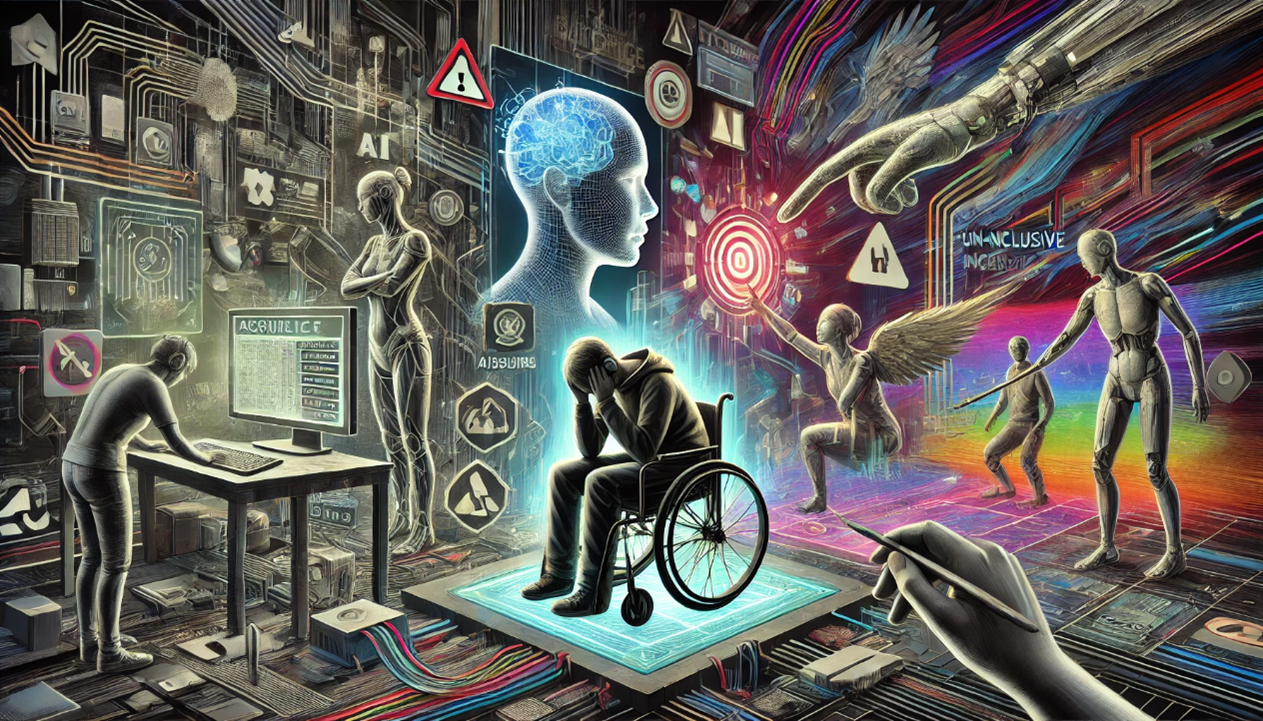 What are the potential limitations of robotics in mental health treatment?
What are the potential limitations of robotics in mental health treatment?
While robotics has the potential to transform mental health treatment by offering innovative solutions for therapy, diagnosis, and support, there are several limitations to its application in this field.
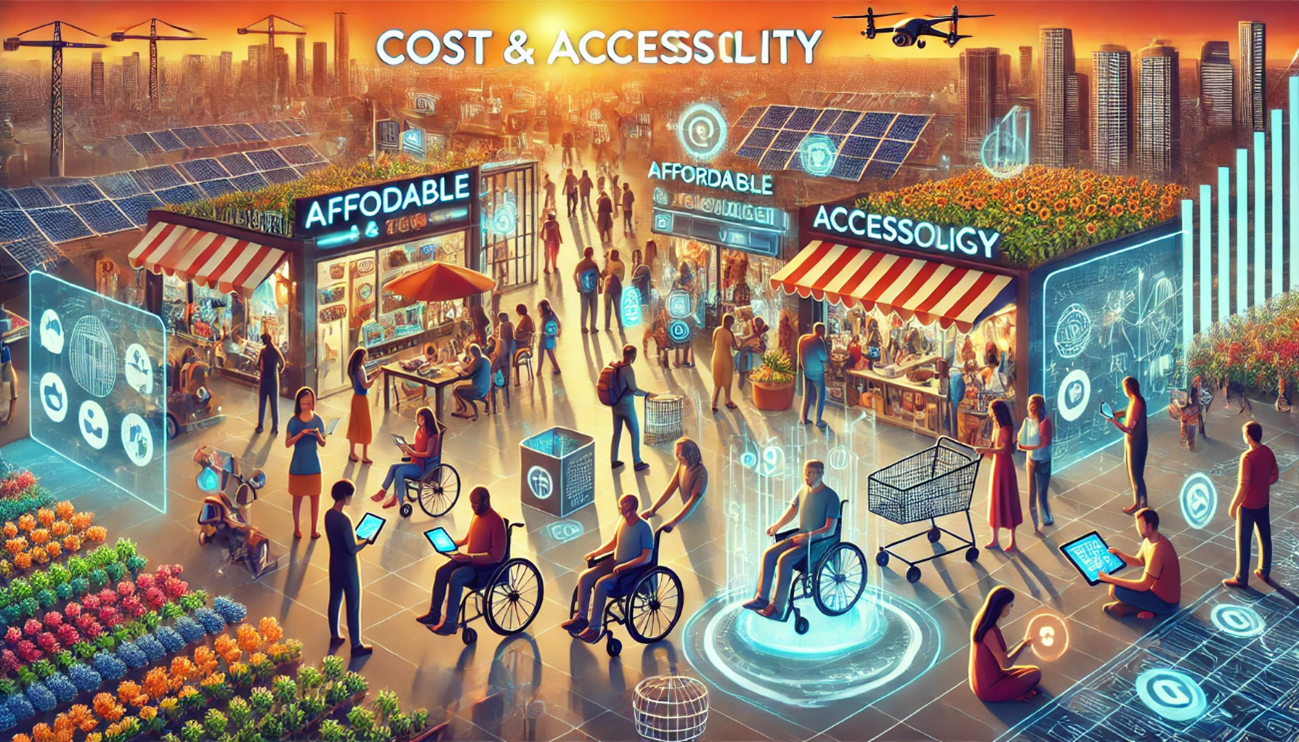 Can AI-driven robotics be trusted for elderly care and palliative medicine?
Can AI-driven robotics be trusted for elderly care and palliative medicine?
AI-driven robotics has shown great promise in transforming elderly care and palliative medicine by offering solutions that improve the quality of life, enhance safety, and provide more efficient care.
 Can Neuromorphic Systems Replicate the Brain's Learning and Adaptability?
Can Neuromorphic Systems Replicate the Brain's Learning and Adaptability?
Neuromorphic computing is an emerging field that seeks to replicate the brain’s structures and functions in artificial systems.
 How can AI accelerate protein design and drug discovery processes?
How can AI accelerate protein design and drug discovery processes?
Artificial Intelligence (AI) is revolutionizing various fields, and its potential in accelerating protein design and drug discovery is particularly promising.
 Why is explainability critical for sectors like healthcare, finance, and justice?
Why is explainability critical for sectors like healthcare, finance, and justice?
Explainability is critical in sectors like healthcare, finance, and justice because these fields directly impact individuals' lives, rights, and well-being.
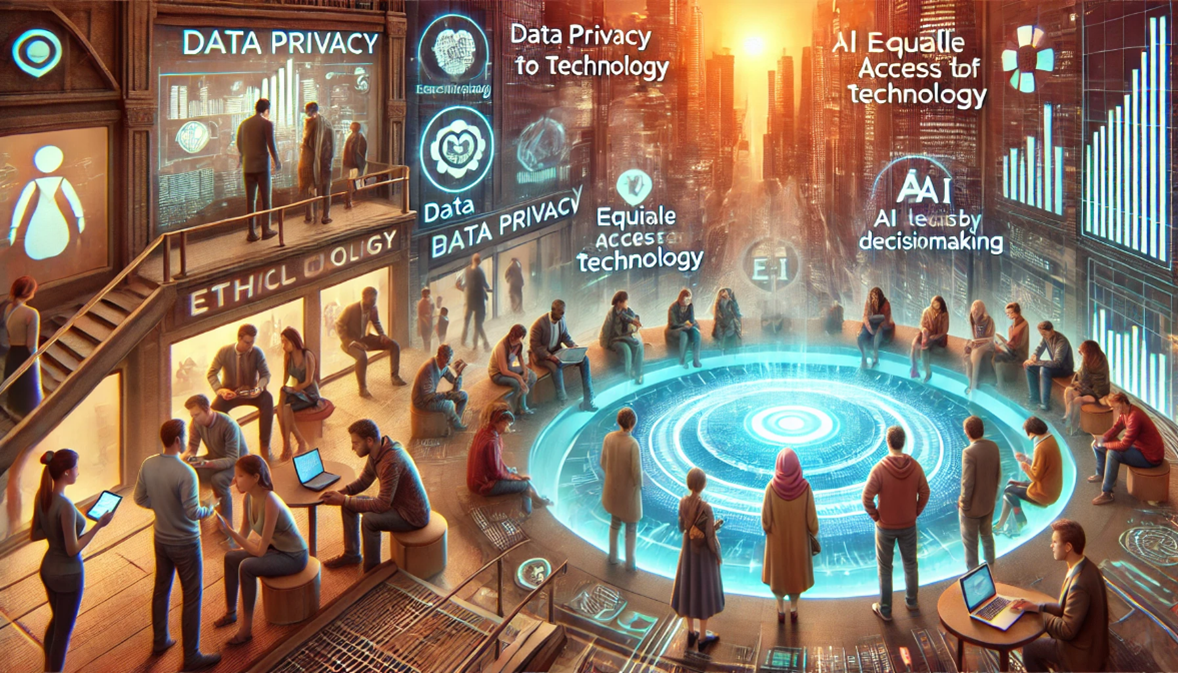 How could AI-enhanced synthetic biology revolutionize agriculture and food production?
How could AI-enhanced synthetic biology revolutionize agriculture and food production?
AI-enhanced synthetic biology holds immense potential to revolutionize agriculture and food production by enabling more efficient, sustainable, and resilient systems.
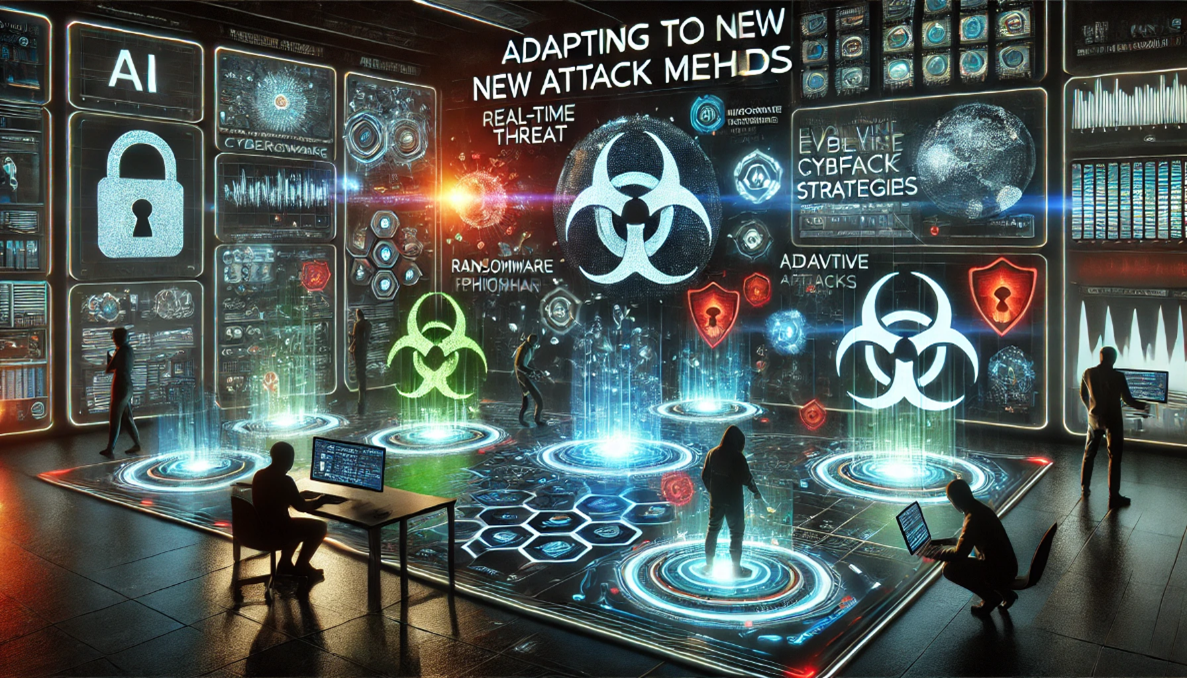 How can AI systems anticipate and counteract advanced cyberattacks?
How can AI systems anticipate and counteract advanced cyberattacks?
AI systems can play a crucial role in anticipating, detecting, and counteracting advanced cyberattacks by leveraging machine learning, pattern recognition, and real-time data analysis.
 What safeguards are needed to ensure privacy when AI monitors mental health trends?
What safeguards are needed to ensure privacy when AI monitors mental health trends?
When AI systems are used to monitor mental health trends, safeguarding privacy is of paramount importance due to the sensitive nature of mental health data.
 How can AI tools enhance decision-making without replacing human expertise?
How can AI tools enhance decision-making without replacing human expertise?
AI tools can significantly enhance decision-making processes without replacing human expertise by complementing and augmenting human judgment with data-driven insights, pattern recognition, and predictive capabilities.
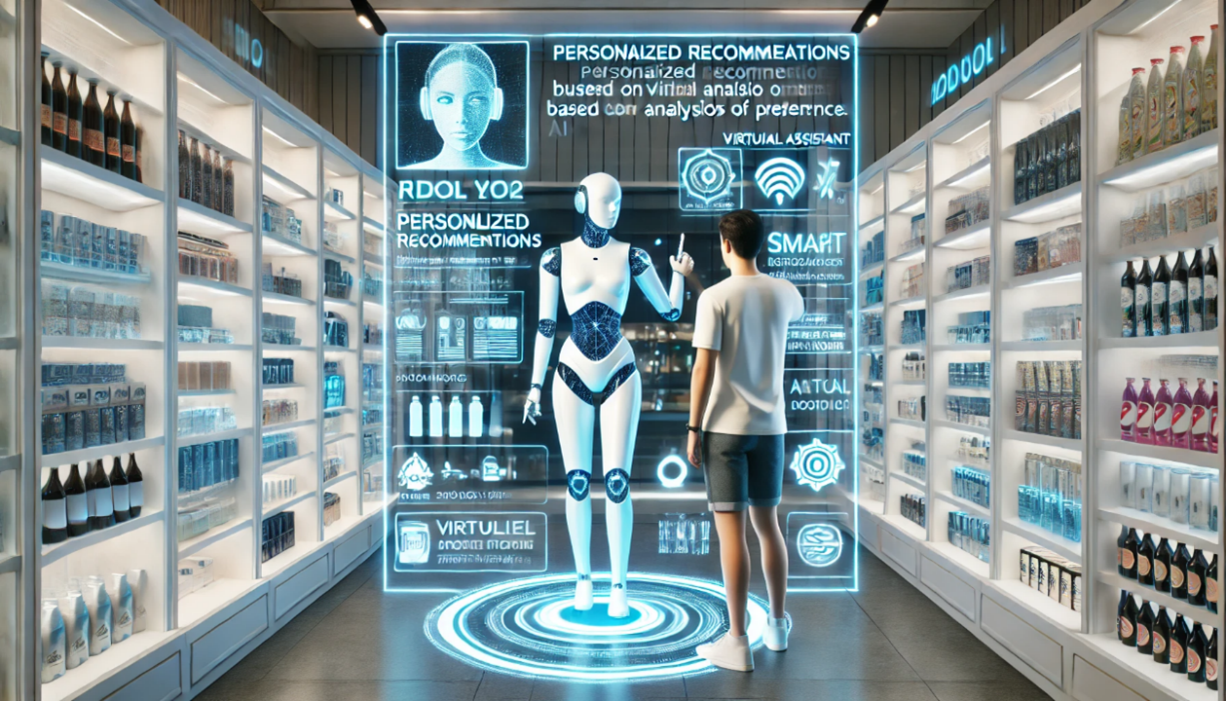 What are the most successful case studies of human-AI collaboration?
What are the most successful case studies of human-AI collaboration?
Human-AI collaboration has led to numerous successful applications across various industries, combining human creativity, judgment, and emotional intelligence with AI's ability to process vast amounts of data, identify patterns, and optimize complex tasks.
 What cognitive biases might emerge when humans overly trust AI recommendations?
What cognitive biases might emerge when humans overly trust AI recommendations?
When humans overly trust AI recommendations, several cognitive biases can emerge that distort decision-making processes and potentially lead to suboptimal or even harmful outcomes.
 What industries are most likely to benefit from quantum-enhanced AI algorithms?
What industries are most likely to benefit from quantum-enhanced AI algorithms?
Quantum-enhanced AI algorithms, which leverage the unique properties of quantum computing, have the potential to revolutionize several industries by accelerating computation, improving optimization, and enabling more powerful data analysis.
 Can AI ethically provide mental health support through chatbots and virtual therapy?
Can AI ethically provide mental health support through chatbots and virtual therapy?
AI-powered chatbots and virtual therapy platforms have the potential to provide valuable mental health support, but their ethical use requires careful consideration of several factors, including effectiveness, privacy, safety, and the relationship between AI and human practitioners.
 How can AI-powered surveillance systems be used responsibly?
How can AI-powered surveillance systems be used responsibly?
AI-powered surveillance systems offer significant benefits, such as enhanced security, efficient monitoring, and the ability to detect threats or irregular activities quickly. However, they also present serious concerns regarding privacy, civil liberties, and the potential for misuse.
 What data privacy concerns arise with personalized learning platforms?
What data privacy concerns arise with personalized learning platforms?
Personalized learning platforms, which rely on data collection and analysis to tailor educational experiences, raise several important data privacy concerns.

